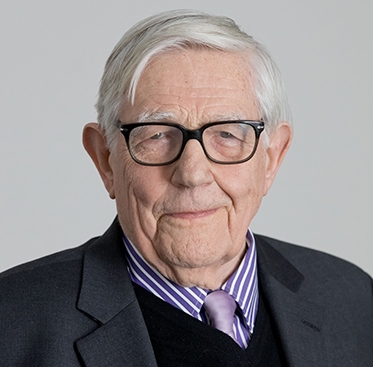Download the full Crime In Mind January 2022 Newsletter here.
Covid 19 has completely changed our lives. I’m pleased to say, however, that, despite being unable to meet physically, the executive committee has continued to operate with virtual meetings. Unsatisfactory though it is, Zoom has also meant that contacts were maintained between mental health staff, prisoners and prison staff, a lockdown which for most of them has never been lifted. There are even a few advantages for virtual meetings. Travelling is minimised, thus saving time and money. With our webinars, we can reach a wider audience and include participants from all parts of the UK more easily. Perhaps the biggest danger of the Zoom culture is that we may come to believe that it is a satisfactory way of conducting much of our work. Five of us have written an editorial in Criminal Behaviour and Mental Health tentatively welcoming the use of telemedicine to communicate with prisoners but warning that psychiatrists should not be seduced into thinking that, convenient though they might be, virtual meetings via computers are no real substitute for face-to-face meetings where mental illness and distress is concerned (CBMH; doi:10.1002/cbm.2160). As our primary care colleagues are discovering there is no full substitute for face to face consultations.
Our webinars have been very successful. Alexis Theodorou, who was awarded a small grant from Crime in Mind, completed a systematic review of the literature concerning multiple homicide followed by suicide. He has just presented the main findings to a members and invitation only seminar described elsewhere in the newsletter and will publish the work in due course. We have been impressed that such a small amount of money, £1000, has been so productive of excellent work in his hands. We intend to offer other opportunities like this. We would welcome suggestions for other small-scale research projects that could be undertaken with a small grant of this kind and we will be advertising opportunities shortly. Do watch the Crime in Mind website and at the least sign up for notifications.
Other successful webinars have been Janet Parrott hosting research issues around Older Offenders, Nicola Padfield and Gill McIvor leading a discussion on Parole research and Lindsay Thomson and her team talking about Recovery in forensic mental health services. All the webinars are available to members via the website. Adrian Grounds is planning a webinar on Miscarriages of Justice, and Andrew Forrester, Huw Stone and Pamela Taylor are planning another, on the delivery of mental health services to prisoners, for the new year. These mainstream webinars will remain free to participants, as we continue to struggle with lockdown, but some time during 2022 we will have to ask non-members to pay a modest registration fee – likely to be £25.00 per webinar.
Just before the lockdown, Pamela Taylor and I went to the House of Lords to see Lord Keith Bradley. It was the very last day that was possible. He is very interested in what we’re doing, very supportive and offered to host a launch meeting. We are hoping to have that special meeting in late spring 2022 at the House of Lords when COVID risks are lower.
As the formal launch has had to be postponed, the committee decided that a membership scheme should be launched anyway. Membership of Crime in Mind will entitle the person to free attendance at all the events and use of a dedicated website containing a discussion forum, and a webinar archive. Membership for a year will cost £42 or £12 for students and other unwaged people. We hope you will join us. To do so there is a membership application form on the public website (crimeinmind.co.uk). By joining you will be making a contribution to developing research in our field.
Crime in Mind is growing slowly, and although our executive committee will not want me to tell you this, we are all getting a bit older. We need plenty of new blood to join the organisation, students will be particularly welcome as well all grades of trainee in the mental health and other relevant fields. Lawyers are also taking a strong interest in our work, and we hope to form a collaboration with the Association of Prison Lawyers. As with everything else in this life we depend, in part, on finance, the more money we can raise, the more we can do. Anyone interested in fundraising for us will be especially welcome.
John Gunn
Chairman

